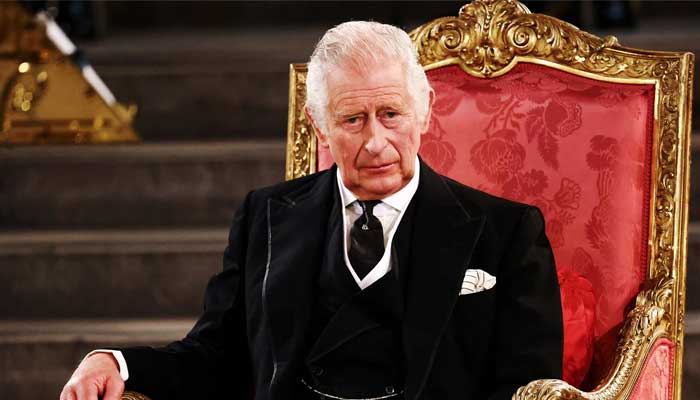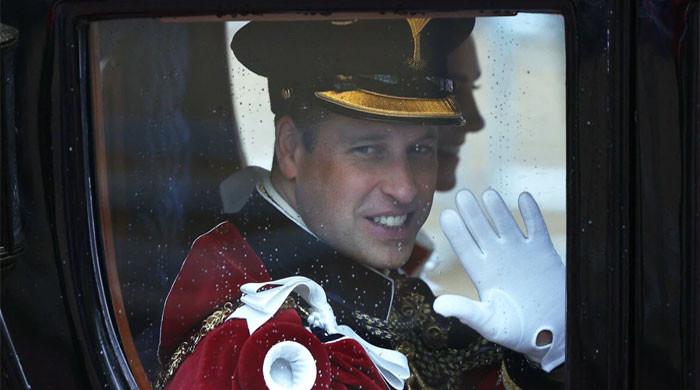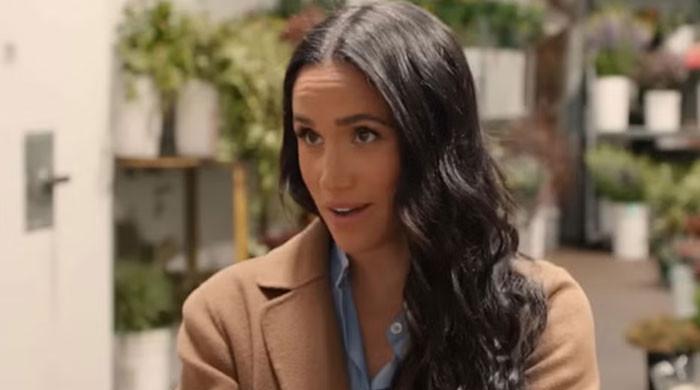Does King Charles have any power?
Charles became the king after the death of his mother, late Queen Elizabeth II at the age of 96
July 03, 2025

Some people outside the UK perceive King Charles as an ancient monarch with absolute powers, able to act on whims.
However, while his ancestors did hold such powers in the past, today's monarch has a largely ceremonial role.
As the British monarch, King Charles III's duties are mainly symbolic and representative, with most executive powers resting with the Prime Minister and Parliament.
As UK's Head of State, King Charles represents his country at home and abroad, hosting state visits, attending ceremonies, and symbolizing national unity.
The King formally opens each new session of Parliament with the King’s Speech, written by the government, outlining its legislative agenda. He also dissolves Parliament before general elections, though this is done on the advice of the Prime Minister.
The King grants royal assent to bills passed by Parliament, making them law. This is a formality, as the last monarch to refuse assent was Queen Anne in 1708.
The King appoints the Prime Minister, typically the leader of the party with the most seats in the House of Commons after an election.
In rare cases of a hung Parliament (no clear majority), he may have some discretion, but this is guided by constitutional conventions and consultation.
The King is the ceremonial head of the UK’s armed forces, but operational control lies with the government and military leaders.
In short, King Charles's influence is more about soft power than formal authority.











